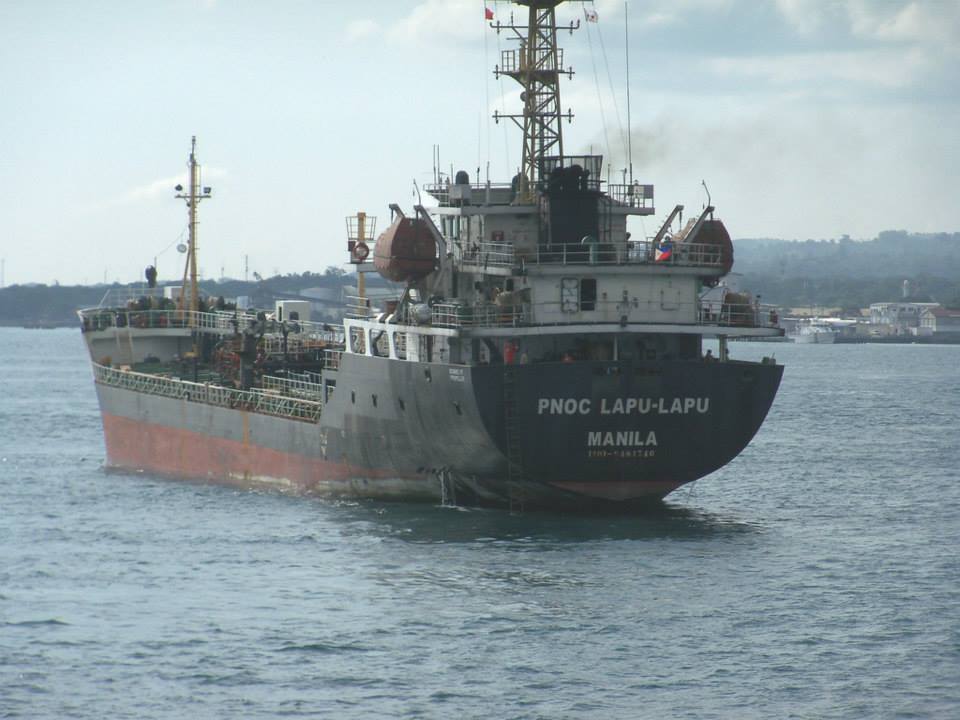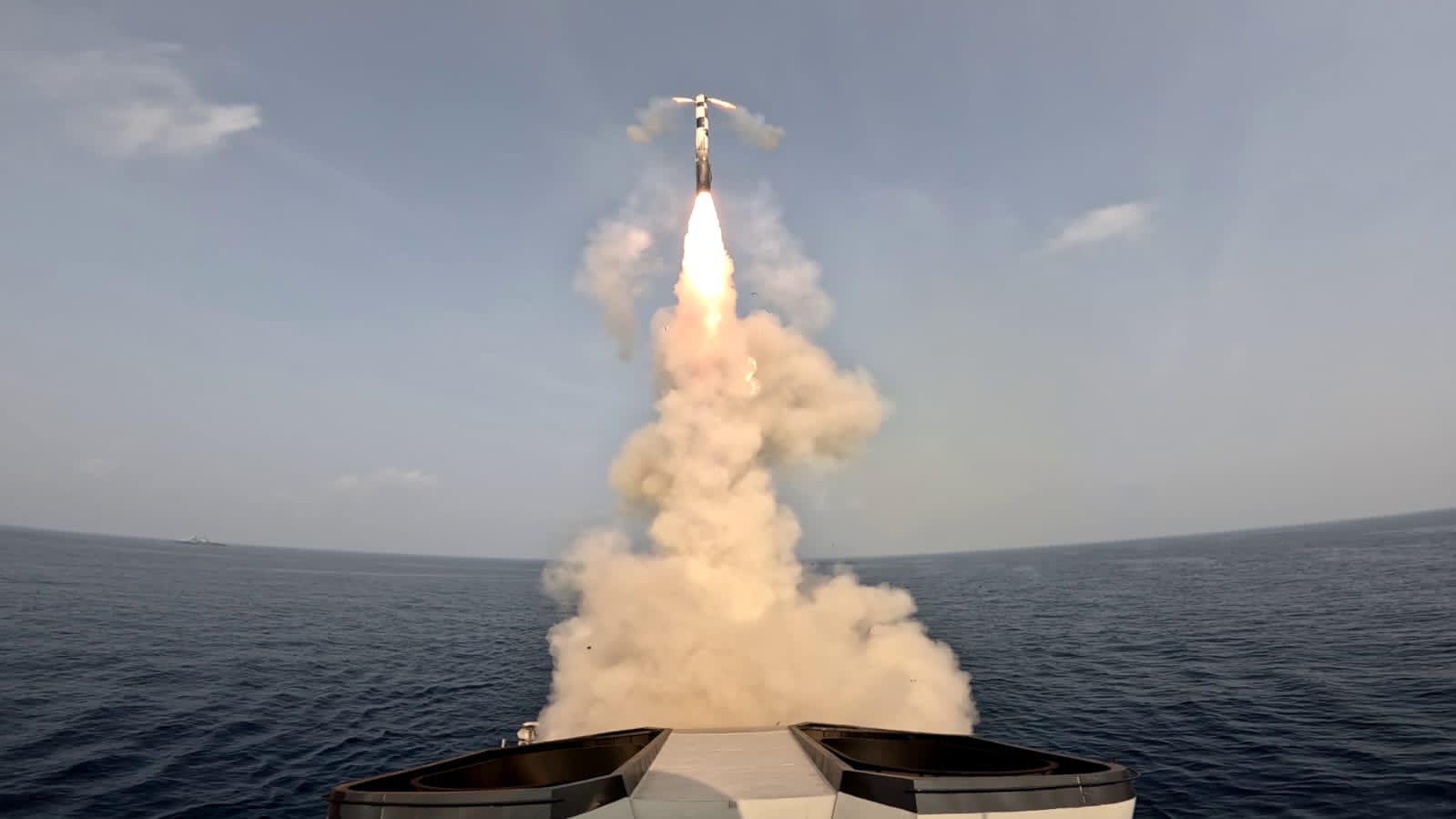In a boost to China’s ambitious ‘Digital Silk Road’ initiative, Pakistan has approved the laying of a sea cable in its territorial waters. The cross-border fiber optic cable will connect to a submarine cable in the Arabian Sea to provide service to countries participating in China’s Belt and Road Initiative (BRI) and Europe.
Why The Latest India-China Flashpoint – Naku La – Is ‘Extremely Crucial’ For The Indian Army?
It is part of the larger 15,000 km-long submarine cable system – the Pakistan East Africa Connecting Europe (PEACE) system.
Nikkei Asia has reported that sea cable will be laid in March after the government approval this month for Cybernet, a local internet service provider, to construct an Arabian Sea landing station in Karachi.

China’s leading fiber optic and power cable makers are heading Hengtong Group, a consortium of telecom companies from Africa, Pakistan, and Hong Kong to install the PEACE cable in the Indian Ocean and the Mediterranean.
PEACE Cable International Network Co Ltd was founded in 2018 and is a wholly-owned subsidiary of Hengtong Optic-Electric. It will offer very low latency routes from China to both Europe and Africa.
What Is Digital Silk Road?
As part of the Belt and Road Initiative (BRI), China had launched the Digital Silk Road (DSR) Initiative in 2015. Under DSR, China provides assistance to improve telecommunication networks, artificial intelligence capabilities, cloud computing, e-commerce, and mobile payment systems, surveillance technology, smart cities, and other high-tech areas.
So far, 16 countries are known to have signed agreements with China on DSR-related investments. Countries in Africa, the Middle East, and parts of Eastern Europe, Latin America, and Southeast Asia are easy targets since they lack high-quality technology, wireless phone networks, and broadband internet coverage.
However, the whole project raises serious security concerns. The Chinese government can easily access sensitive data as Chinese companies build telecommunications and other infrastructure. Similar was the case when security concerns were raised on Huawei’s 5G infrastructure.
DSR In Pakistan
The West may have concerns over Chinese digital infrastructure, but Pakistan seems to have complete trust in China. The PEACE cable in the Arabian Sea will be connected with the fiber optic cable between Rawalpindi and the port cities of Karachi and Gwadar.
The telecommunications branch of the Pakistan Army, the Special Communications Organization (SCO), will be laying a fiber optic cable between Rawalpindi and the port cities of Karachi and Gwadar in partnership with China’s Huawei Technologies.
The 850km fiber optic cable links the Xinjiang Uyghur Autonomous Region in southwest China to Rawalpindi. The northern section of the link has been operational since 2018. It provides secure communication between China and Pakistan.
Why Pakistan Prefers Link Through China?
According to Telegeography, a Washington-based telecommunications market research company, Pakistan is served by seven submarine cables at present, of which four come out of India.
Major Gen. Amir Azeem Bajwa, the then director-general of SCO, had raised this concern in 2017 before a parliamentary committee on information technology. He had said that much of Pakistan’s internet traffic was routed through India.
Amid fears that sensitive data was vulnerable to hacking, Bajwa had sought approval for an alternative network to service Gwadar. Since Pakistan didn’t have enough funds, China provided loans, services, and infrastructure to set up the network.
Follow EurAsian Times on Google





